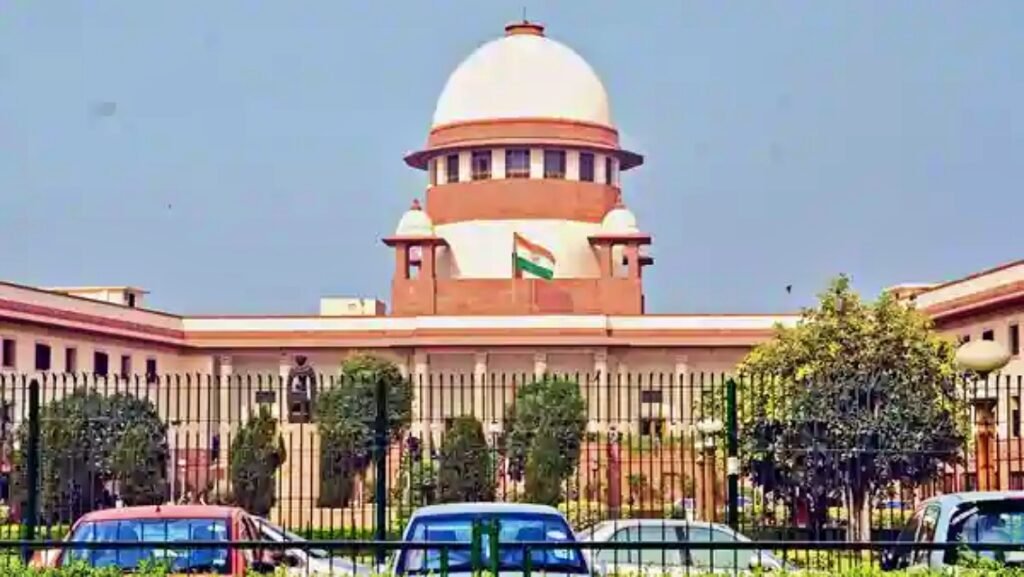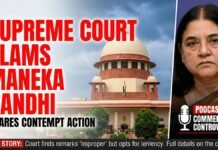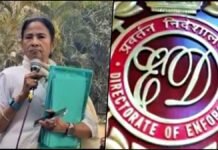
New Delhi: In a significant ruling, the Supreme Court has stayed the Calcutta High Court’s April 22 order that invalidated the appointments of 25,753 teachers and non-teaching staff in state-run and state-aided schools of West Bengal. The bench, comprising Chief Justice DY Chandrachud and Justices JB Pardiwala and Manoj Misra, emphasized that while the tainted appointments could be segregated, it would be unwise to set aside the appointments in their entirety.
Here are the key points from the Supreme Court’s decision:
- Refund of Salaries: The apex court directed that the salaries of the illegal appointees would have to be refunded. This means that those who were appointed illegally and continued in their positions due to the present order must refund their salaries.
- CBI Investigation Continues: The Supreme Court allowed the Central Bureau of Investigation (CBI) to continue its investigation into the case as per the directions of the High Court order. However, the court clarified that no precipitative action could be taken against the accused.
- Expeditious Disposal: The court emphasized that an expeditious disposal of the matter would be in the interest of justice. It continued the ad interim protection given, subject to the stipulation that any person found to have been appointed illegally and continued as a consequence of the present order must refund their salary. This provision covers four categories of individuals.
- CBI Report and SSC Findings: The court referred to the CBI’s report dated February 5, 2024, which highlighted manipulation on the account OMR sheets. Additionally, the High Court’s judgment mentioned that the Staff Selection Commission (SSC) report tabulated the alleged irregularities.
- Segregation of Tainted Candidates: The court acknowledged that the West Bengal government had also accepted widespread illegalities in the selection process. It held that cancellation of the entire select list should be a matter of last recourse. Instead, where segregation of tainted candidates is possible, only their names should be canceled. The petitions challenging the appointments were filed three years after the appointments were made for employees serving the state.
- Legitimacy of Evidence: The court considered the legitimacy of the certificate issued under Section 65B of the Evidence Act by Pankaj Bansal, a former employee of NYSA Communications. The certificate’s validity lies at the root of the data forming the basis of the High Court judgment to set aside the entirety of the appointments.
- Maintaining Digitized Records: Earlier, the Supreme Court had termed the alleged recruitment scam in West Bengal a “systemic fraud”. It emphasized that authorities were duty-bound to maintain digitized records related to the appointment of teachers and non-teaching staff. Public jobs are scarce and crucial for social mobility, and maintaining faith in the system is essential.

The court’s decision strikes a balance between addressing irregularities and ensuring that legitimate appointments are not unfairly affected. The matter is scheduled for further hearing in July. The state government had previously challenged the Calcutta High Court order, claiming that the appointments were cancelled “arbitrarily”.















































